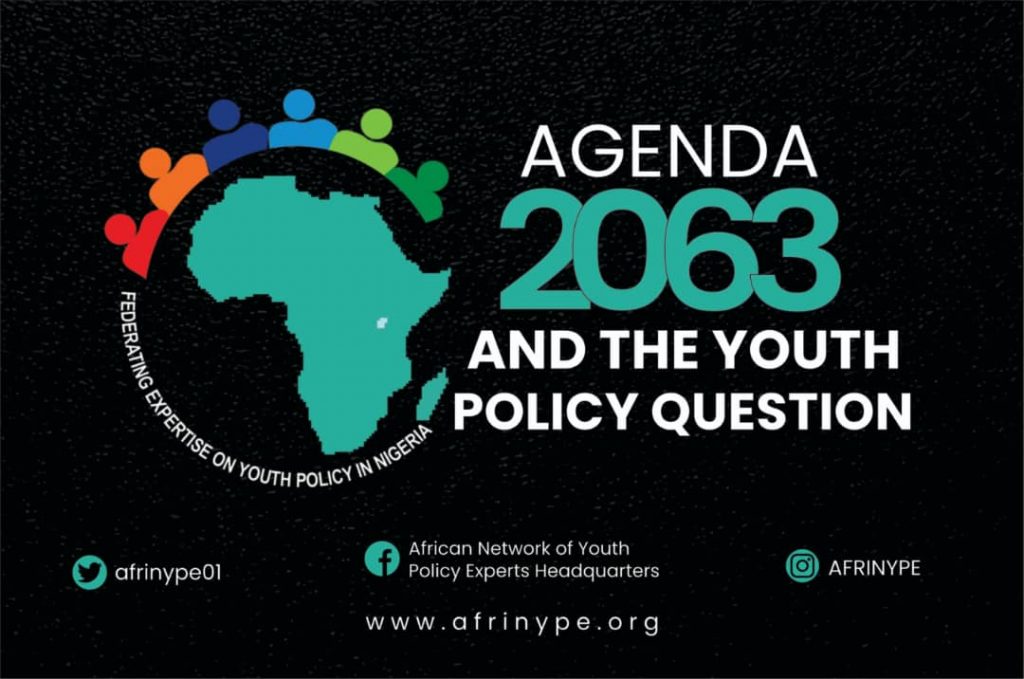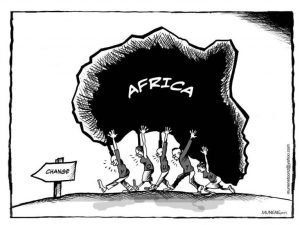To understand the biggest challenge against AGENDA 2063, we must first take a dive into the “signature frenzy” by African leaders, and why these signatures often lack sustainable policy drive that can be implemented by successive governments. Counting signature ceremonies, we will be lost; but checking fact files for implementation and commitments afterwards, we will experience disappointment over time considering enormous resources going down the drain for the signature frenzy.
In 1995, the Member States of the United Nations jointly adopted ‘World Programme of Action for Youth’ to the Year 2000 and beyond (WPAY). The final ratification of the Action Plan took place in 2007. The Action Plan provided framework and practical guidelines for national and international support for improving the conditions of young people around the world, while it doubled as the first global blueprint suggesting a roadmap for achieving an effective National Youth Policy in respective countries. If established and properly implemented, a National Policy on Youth is supposed to provide an all-encompassing vision for all programs and activities relating to youth in one country. The priority areas of the WPAY indicate the range of policy areas to be covered through its 15 priority areas:
- Education
- Employment
- Hunger and Poverty
- Health
- Environment Drug abuse
- Juvenile Delinquency
- Leisure-time activities
- Girls and young women
- Full and effective participation of youth in the life of society and in decision making
- Globalization
- Information and Communications Technology
- HIV/AIDS
- Armed conflict
- Intergenerational Issues
AGENDA 2063 VISION AND YOUTH POLICY
The WPAY has seen its low implementation in Africa, indicating that the policy framework for youth development in Africa is still weak. To achieve a greater future for Africa in line with the Agenda 2063 vision, the role of youth policies cannot be left out as it is a benchmark for accessing responses of the States to its young people. We cannot decide and build the future of youth without involving them in meaningful conversations and tapping on the wealth of their immense knowledge and potential in the public policy perspective.
The Agenda 2063 vision is quite ambitious, full of wishes as often the case, laced with aspirations and strong desires for a better Africa. However, the young people await right commitments from African leaders to drive the vision. Driving Agenda 2063 vision begins with the right policy framework by Africa’s member states for its youthful populations and genuine commitments to policy consideration of matters affecting the youth.
Youth Policy is an essential tool for achieving AGENDA 2063 goals. The policy approach to achieving the goals of the Agenda 2063 was not captured in the Agenda; but what is more important is to see Agenda that can become realistic and backed by commitments of the State actors, growing from mere policy pronouncements to invigorating the pronouncements with the required commitments and action. Agenda 2063 that kicks off in 2015 without seeing corresponding reduction for “needing 38 visas to visit 54 African countries” as at 2018 is yet to begin. If the Agenda will stand the test of time for socio-economic transformation of the continent, the responses of the State actors go a long way in determining the future of the regional goals contained in Agenda 2063 vision.
Abiola Hamid
Lagos, Nigeria





